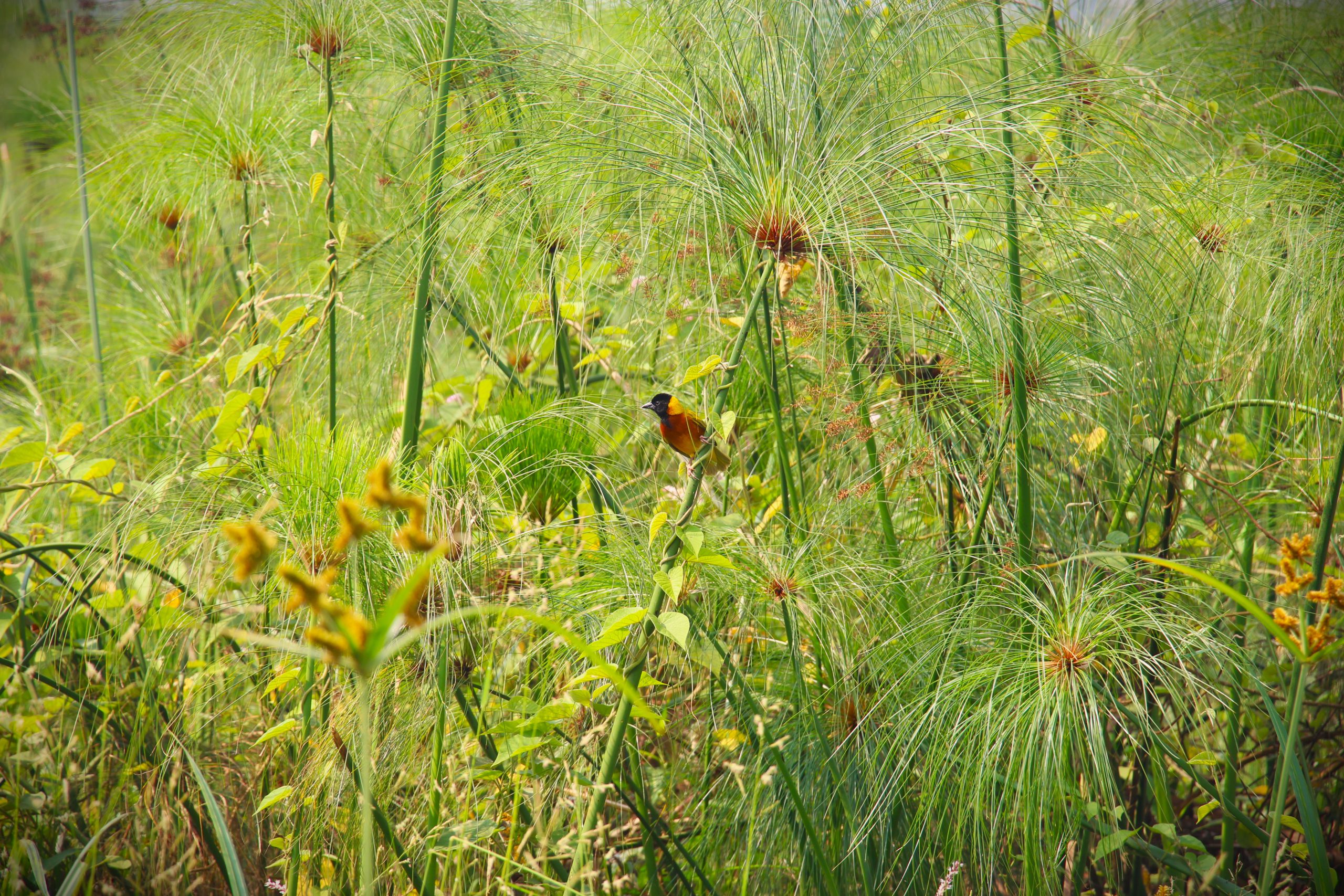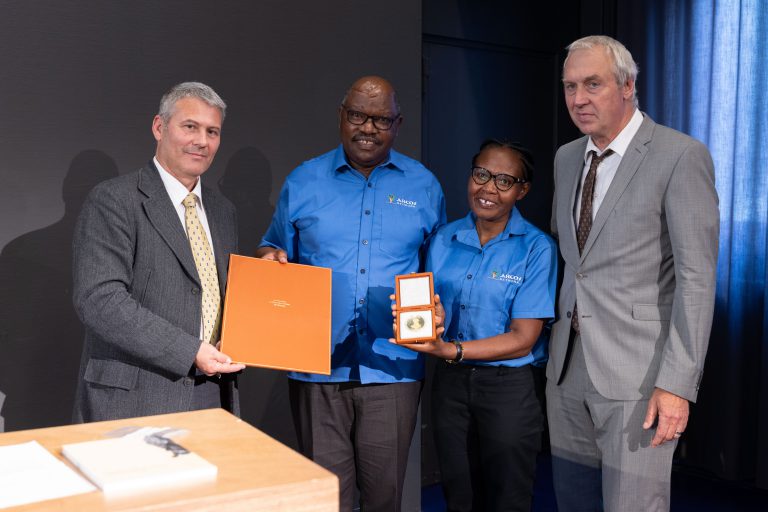In a world grappling with environmental challenges, the United Nations Environment Programme (UNEP) reveals a stark reality: nearly 90% of the world’s wetlands have faced degradation since the 18th Century, and they are disappearing three times faster than forests. As we approach World Wetlands Day on February 2nd, 2024, the theme “Wetlands and Human Well-being” underscores the pivotal role wetlands play in sustaining life on Earth.
In an exclusive interview with Jean Paul Kubwimana, Director of the Conservation Programme at ARCOS, we delve into the significance of wetlands, the pressing issues they face, and the urgent call to action for their conservation.

Wetlands: Crucial Ecosystems for Biodiversity and Human Well-being
Jean Paul emphasizes that wetlands are critical ecosystems contributing to biodiversity conservation, climate change mitigation and adaptation, freshwater availability, and global economies. With 40% of the world’s plant and animal species depending on wetlands, and rice paddies feeding 3.5 billion people annually, their importance to sustainable human development cannot be overstated.
Peatlands store 30% of land-based carbon, twice that of all the world’s forests combined, and coastal blue carbon ecosystems capture and store carbon up to 55 times faster than tropical rainforests. World Wetlands Day, observed annually on February 2nd, commemorates the adoption of the Convention on Wetlands in 1971, emphasizing the need for awareness, conservation, and sustainable management of these vital ecosystems.
The Threats: Why Are We Losing Wetlands at an Alarming Rate?
Major causes of wetland loss are attributed to urban expansion, agricultural activities, excessive water withdrawal for irrigation, and climate change. The expansion of urban areas and infrastructure development often lead to wetland conversion into urban spaces, causing habitat destruction and fragmentation. These factors, acting synergistically, pose a significant threat to wetlands globally, necessitating urgent conservation measures.
The State of Sub-Saharan Africa’s Wetlands: A Precarious Future
Jean Paul sheds light on the current status of wetlands in Sub-Saharan Africa, particularly in the Albertine Rift region. Research indicates that Sub-Saharan Africa’s wetlands cover 9.01% of the landmass, with larger wetlands spanning 2,072,775 km². Threatened by climate change, the arid regions are predicted to become drier, affecting the well-being of local communities heavily reliant on wetlands.
A Call to Action: Jean Paul’s Advocacy for Wetlands
As a wetland expert and conservationist, Jean Paul advocates for integrated management approaches, strengthened policies and legislation, international collaboration, and community engagement to safeguard wetland ecosystems.
Integrated management plans should address multifaceted threats, and environmental regulations must be enforced at all levels. International collaboration is crucial for the conservation of transboundary wetlands, sharing knowledge and best practices. Additionally, engaging local communities, recognizing their traditional ecological knowledge, and promoting a sense of ownership are vital steps in ensuring the wise use of these ecosystems.
Conclusion: A Plea for Conservation
In conclusion, Jean Paul Kubwimana illuminated the multifaceted importance of wetlands, from their role in biodiversity conservation to their contributions to freshwater availability and global economies. As we celebrate World Wetlands Day 2024, it serves as a poignant reminder of the critical state of the world’s wetlands and the need for collective efforts in their conservation and sustainable management. Happy World Wetlands Day 2024!



